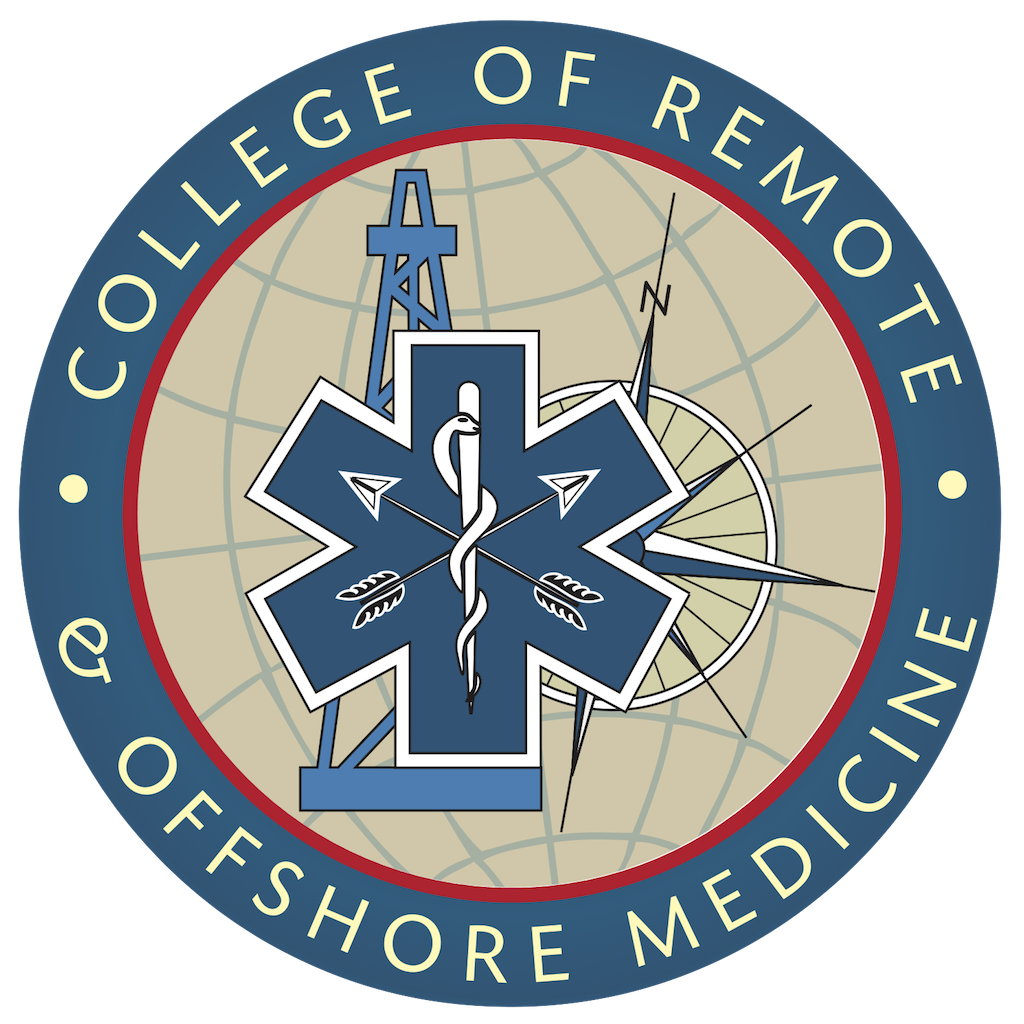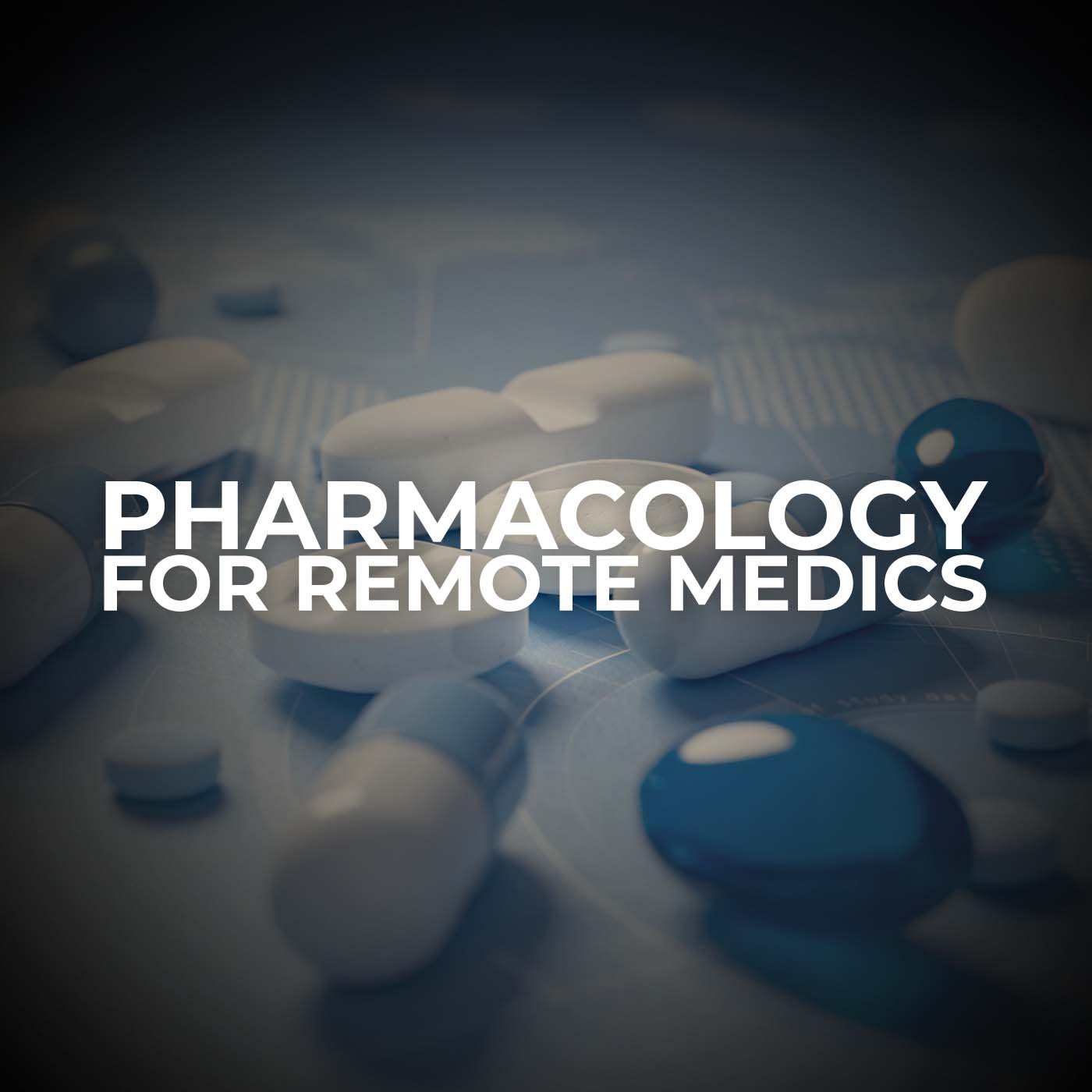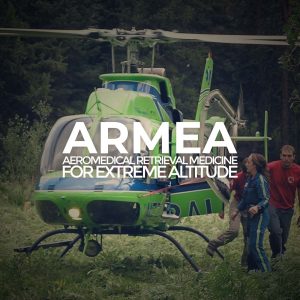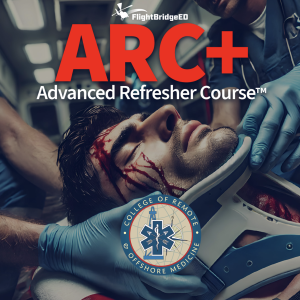Description
The Pharmacology for Remote Medics is an online course worth 16 hours of continuing professional development. It is for paramedics, remote medics, and expedition medics who need to develop knowledge of over-the-counter (OTC) and Prescription-Only Medications (POM) that they may see while working in the Middle East, on oil rigs, transit vessels, and remote clinics worldwide. This course provides an excellent background of knowledge on the most common drugs encountered by those who manage and treat adults in remote settings.
It is a three-part program that includes the Minor Emergencies Course, Minor Illness Course, and Pharmacology for the Remote Medic.
This course aims to provide innovative and expert medical skills for operational, deployed, and offshore practitioners to improve and become more proficient in their professional careers.
This course is CAPCE-accredited.
Who is this for?
For paramedics, remote medics, and expedition medics who need to develop head knowledge and hand knowledge of minor injuries, they may see while working in the Middle East, on oil rigs, transit vessels, and remote clinics worldwide. This course provides an excellent background on the most common presenting injuries and conditions encountered by those who manage and treat adults in remote and austere settings.
Introduction To Pharmacology
This module covers Pharmacology at the cellular level, Anatomy & Physiology relevant to Pharmacology, Drug Nomenclature, Major Sources of Drugs, Classification of Drugs, General Properties of Drugs, of Action of Drugs, Contraindications of Drugs, and Securing and Storing drugs.
Pharmacokinetics and Drug Metabolism
This section covers the Three Phases of Drug Activity, the Difference between Pharmacokinetics and pharmacodynamics, Pharmacokinetic Principles, Different Routes of Administration, Bioavailability, First Pass Effect, Half-Life, Drug Receptor Interaction Theory, Dose-Response Relationship, Types of Drug Response, and Types of Drug Interactions.
EMT Common Medications
This section provides EMT-level providers with a foundational understanding of the most commonly administered and encountered medications in the prehospital environment. Students will explore drug classifications, mechanisms of action, indications, contraindications, routes of administration, and potential side effects relevant to the EMT scope of practice. Emphasis is placed on medications approved under local protocols, such as oxygen, aspirin, nitroglycerin, epinephrine, albuterol, naloxone, and oral glucose.
Classification Of Drugs
This module discusses the essential drug classes in pharmacology, providing examples and explaining how these drugs work with the mechanisms of each class.
Common Drugs Found In Remote Clinics
This module covers the top ten drugs used by medics working in remote site clinics that treat acute and clinical casualties.
Drugs For Altitude
This module includes a Review of Acute Mountain Sickness (AMS), high-altitude pulmonary edema (HAPE), and high-altitude cerebral edema (HAPE). It also discusses pharmacological interventions and alternative mountain medicine treatment modalities for these ailments.
Drugs For Tropical Diseases
This module covers the top ten Tropical Diseases and the Pharmacological options for each.
Hydration, Fluid & Electrolyte Balance
This module discusses the Principles of Fluids and Electrolyte Balance, Overhydration and Dehydration, Hypovolemic Shock, Principles of Fluid Therapy, Concentrations of different electrolytes in the body, Properties of IV fluids and electrolyte Replacement Products, Routes of Rehydration, Oral Rehydration, Nasogastric Rehydration, IV Rehydration, and Rectal Rehydration.
Case Studies For The Remote Medic
This module will give case-based scenarios to solidify the learning in this course. Each case is based on casualties that CoROM instructors have seen during employment as Remote Medics.
The final exam is open-book and taken online. The pass mark is 80% or higher. There are 35 multiple-choice questions, and you are given one hour to complete it. There are no retests for this exam. If you fail this exam, you must retake the entire course.



